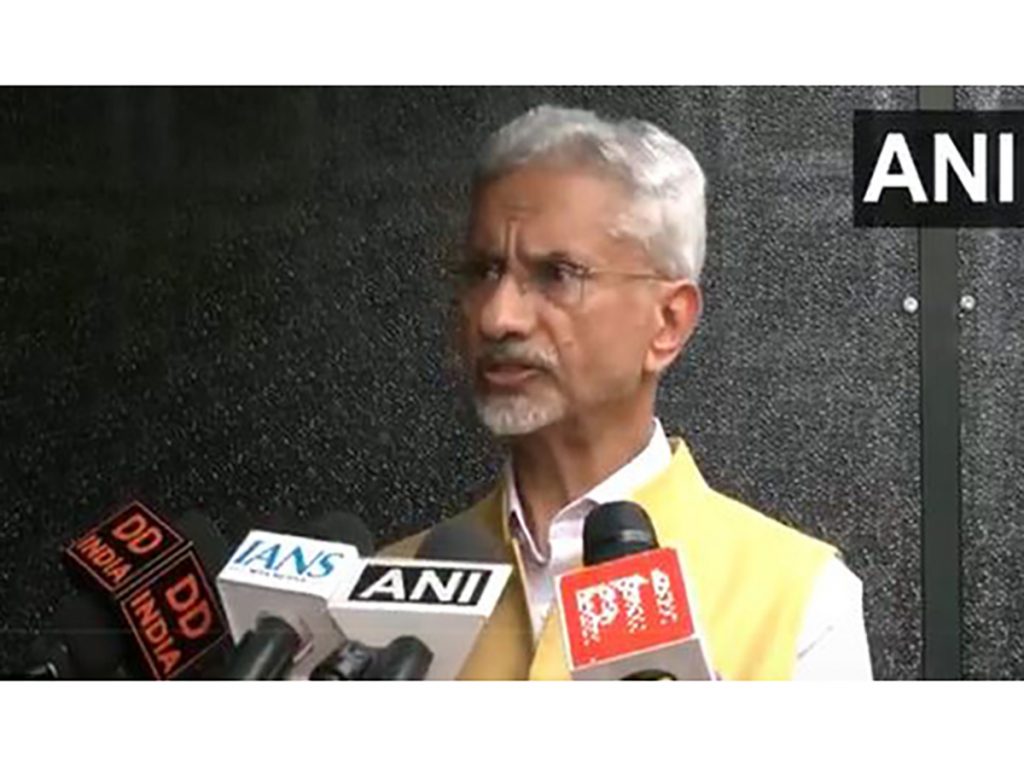New Delhi: External Affairs Minister S Jaishankar on Thursday strictly reaffirmed that the Kashmir issue is a bilateral matter, focusing on Pakistan’s illegal occupation of Indian territory in Pakistan-occupied Kashmir.
He said that the Indian government is willing to discuss the Kashmir issue with Pakistan, specifically regarding the vacating of illegally occupied Indian territory.
Jaishankar, while talking to reporters on the sidelines of the inauguration of the Embassy of Honduras, said, “So sometimes the Kashmir issue has been brought up again. The only thing which remains to be discussed on Kashmir is the vacating of illegally occupied Indian territory in Pakistan-occupied Kashmir. We are open to discussing that with Pakistan. So I want you to spell out our positions very clearly so that you know what is in your minds and what many of you have raised with me on various occasions. The government’s position is very, very clear.”
He reiterated that India’s relations with Pakistan will remain strictly bilateral, with a focus on counter-terrorism efforts and emphasised that India’s dealings with Pakistan will be bilateral, without any third-party involvement.
Jaishankar stated that Pakistan expected to take concrete actions on terrorism and needed to hand over a list of terrorists and dismantle terrorist infrastructure.
“Our relations and dealings with Pakistan will be strictly bilateral. That is a national consensus for years, and that is absolutely no change. The prime minister made it very clear that talks with Pakistan will be only on terror. Pakistan has a list of terrorists that needs to be handed over, and they have to shut down the terrorists’ infrastructure. They know what to do. We are prepared to discuss with them what is to be done about terrorism. Those are the talks which are feasible,” said Jaishankar.
Jaishankar also reiterated that the Indus Water Treaty, signed in 1960, is currently on hold due to Pakistan’s cross-border terrorism. The treaty governs the sharing of water resources from the Indus River and its tributaries between India and Pakistan.
“Water issues have been raised again, you all know, and I reemphasise the Cabinet, the Cabinet Committee on Security and the government. It was very clear that the Indus Water Treaty is held in abeyance and will continue to be held in abeyance until cross-border terrorism by Pakistan is credibly and irrevocably stopped,” he said.
The treaty allocates the eastern rivers (Beas, Ravi, and Sutlej) to India and the western rivers (Indus, Chenab, and Jhelum) to Pakistan, with some provisions for India to use the western rivers for limited irrigation and non-consumptive uses like power generation.
